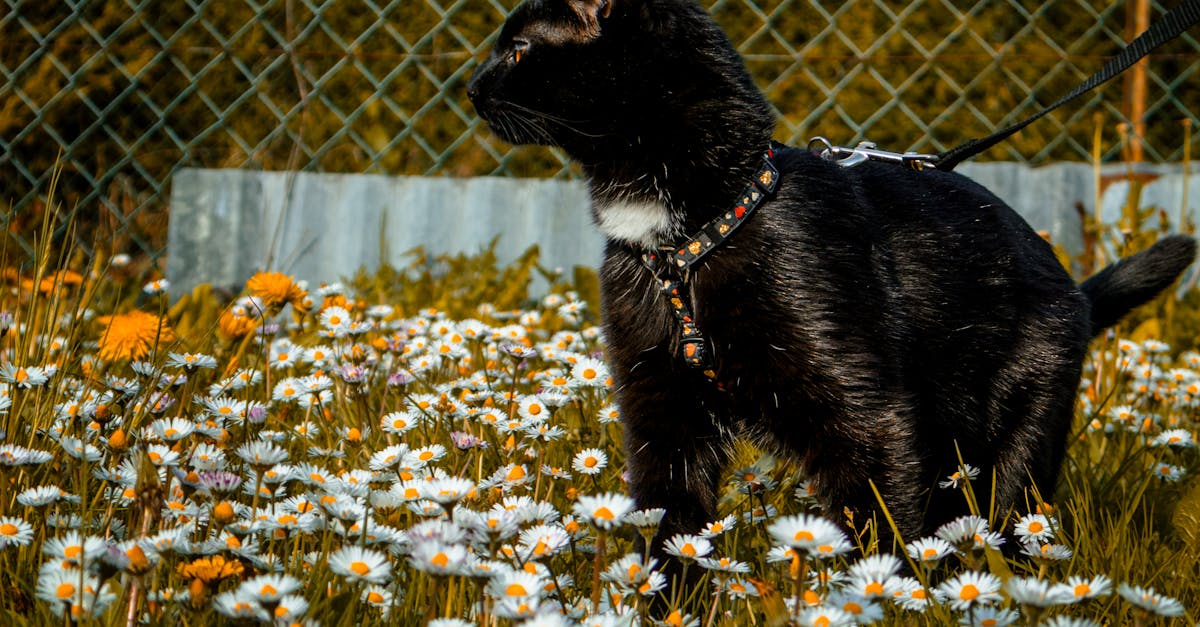As a kitten parent, you expect lots of play, purring, and, well, poop. So when your kitten hasn’t pooped in a day or two, it’s natural to worry. Is it normal? Could something be wrong? Knowing why your kitten isn’t pooping and what to do about it is essential for keeping them healthy and happy. Let’s explore this issue together.
⚠️ What to Watch For
Before diving into causes and solutions, it’s important to recognize the signs that your kitten may be struggling with constipation or other bowel issues. Watch for these symptoms:
- No poop for more than 24–48 hours
- Straining or crying in the litter box
- Hard, dry stools when they do manage to go
- Lethargy or reduced activity levels
- Loss of appetite
- Swollen or painful abdomen
If your kitten displays any of these symptoms, it’s time to assess the situation and take appropriate action. While occasional irregularities may not be serious, persistent issues could indicate a bigger problem.
🔍 Possible Causes
Kittens may stop pooping for several reasons, ranging from minor to serious. Here are some of the most common causes:
- Dietary Issues: A sudden change in diet, low fiber, or insufficient hydration can lead to constipation.
- Stress: Moving to a new home, changes in routine, or other stressors can affect their digestive system.
- Dehydration: Without enough water, stools can become hard and difficult to pass.
- Medical Conditions: Parasites, intestinal blockages, or congenital issues like megacolon may cause pooping problems.
- Litter Box Problems: If the litter box is dirty, inaccessible, or in a stressful location, your kitten may avoid using it.
Understanding the root cause is key to helping your kitten get back on track.
✅ What You Can Do at Home
If your kitten hasn’t pooped but seems otherwise healthy, there are a few steps you can take at home to help:
- Check Their Diet: Ensure they’re eating a high-quality kitten food with adequate fiber. Avoid sudden diet changes, as these can upset their stomach.
- Encourage Hydration: Make sure fresh water is always available. You can also try adding a small amount of water to their food to increase moisture intake.
- Stimulate Their Bowels: For very young kittens (under 4 weeks), gently rub their belly or use a warm, damp cloth to stimulate the anal area, mimicking a mother cat’s grooming.
- Provide a Stress-Free Environment: Keep their litter box clean and in a quiet, accessible area. Ensure they have a safe, calm space to relax.
- Add a Fiber Boost: For older kittens, you can try a small amount of plain canned pumpkin (not pumpkin pie filling) to help with digestion.
These steps often resolve minor constipation. However, if your kitten is still not pooping after 48 hours or shows other concerning symptoms, it’s time to consult a vet.
💡 When to Call a Vet
While some cases of constipation are mild, others may indicate a more serious issue requiring professional care. Contact your vet if:
- Your kitten hasn’t pooped in more than 48 hours
- They’re straining, crying, or appear to be in pain
- They’re lethargic, refusing food, or vomiting
- You notice blood in their stool or around the anus
- They have a swollen abdomen or other unusual symptoms
A veterinarian can perform a thorough examination and may recommend diagnostic tests like X-rays or bloodwork to determine the cause. In some cases, medical intervention such as an enema or medication may be needed to get things moving again.
Remember, early intervention is always better for your kitten’s health and comfort. Don’t hesitate to seek professional advice if you’re unsure.
FAQs
Q: How often should my kitten poop?
A: Healthy kittens typically poop at least once a day. However, this can vary depending on their age, diet, and activity level. If your kitten goes more than 24–48 hours without pooping, it’s time to investigate.
Q: Can I give my kitten a laxative?
A: No, never give your kitten a laxative or any medication without consulting a veterinarian first. Some human medications are toxic to cats and could make the problem worse.
Q: What should kitten poop look like?
A: Normal kitten poop should be medium to dark brown and have a firm but not hard consistency. Changes in color, texture, or frequency could indicate a problem.
Book a $49 online vet consultation at https://www.dialavet.com for fast, expert advice.






















